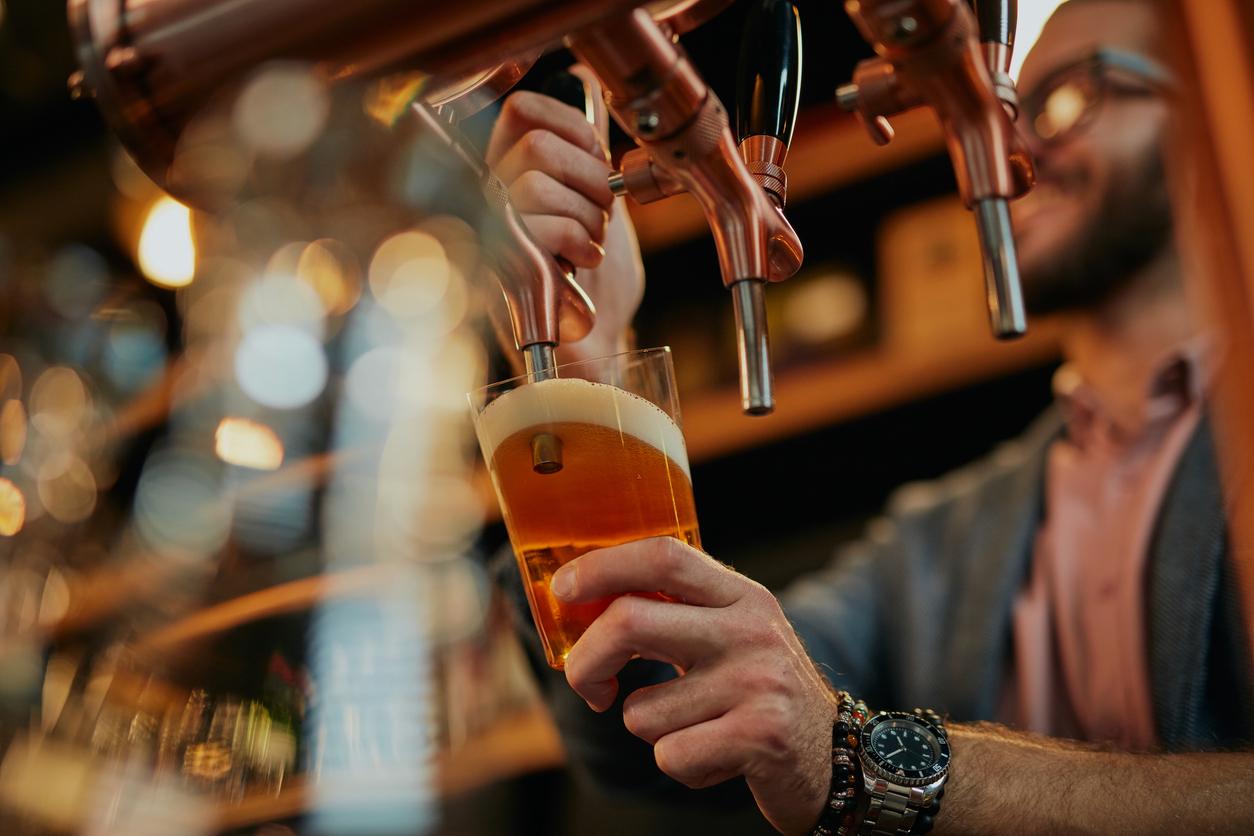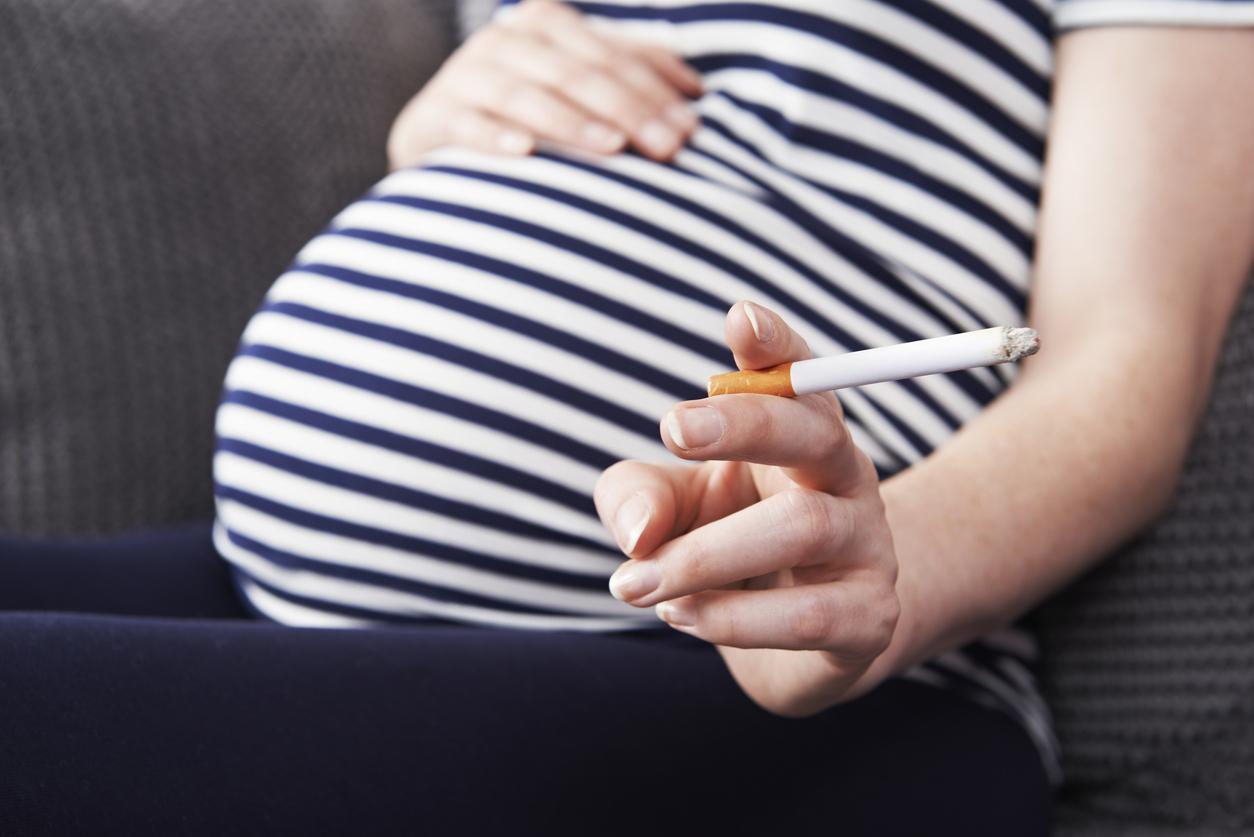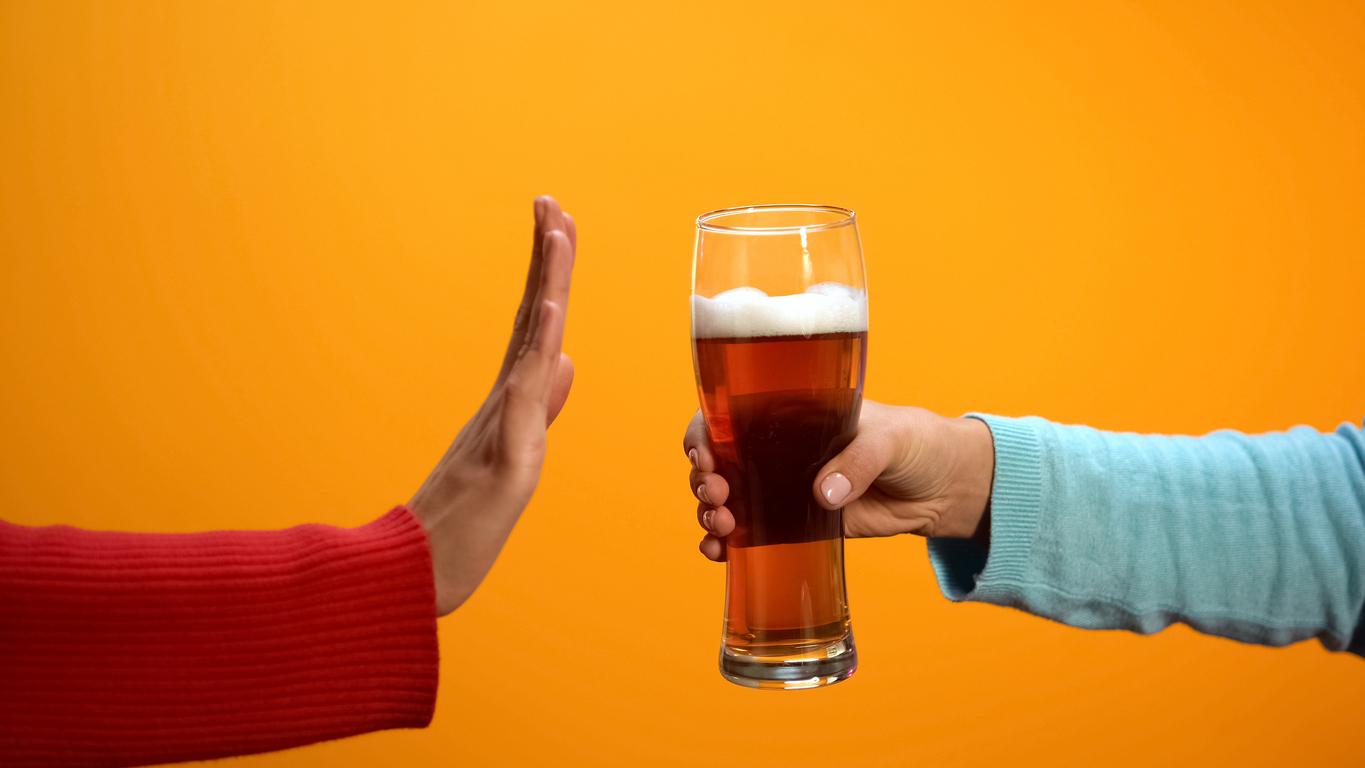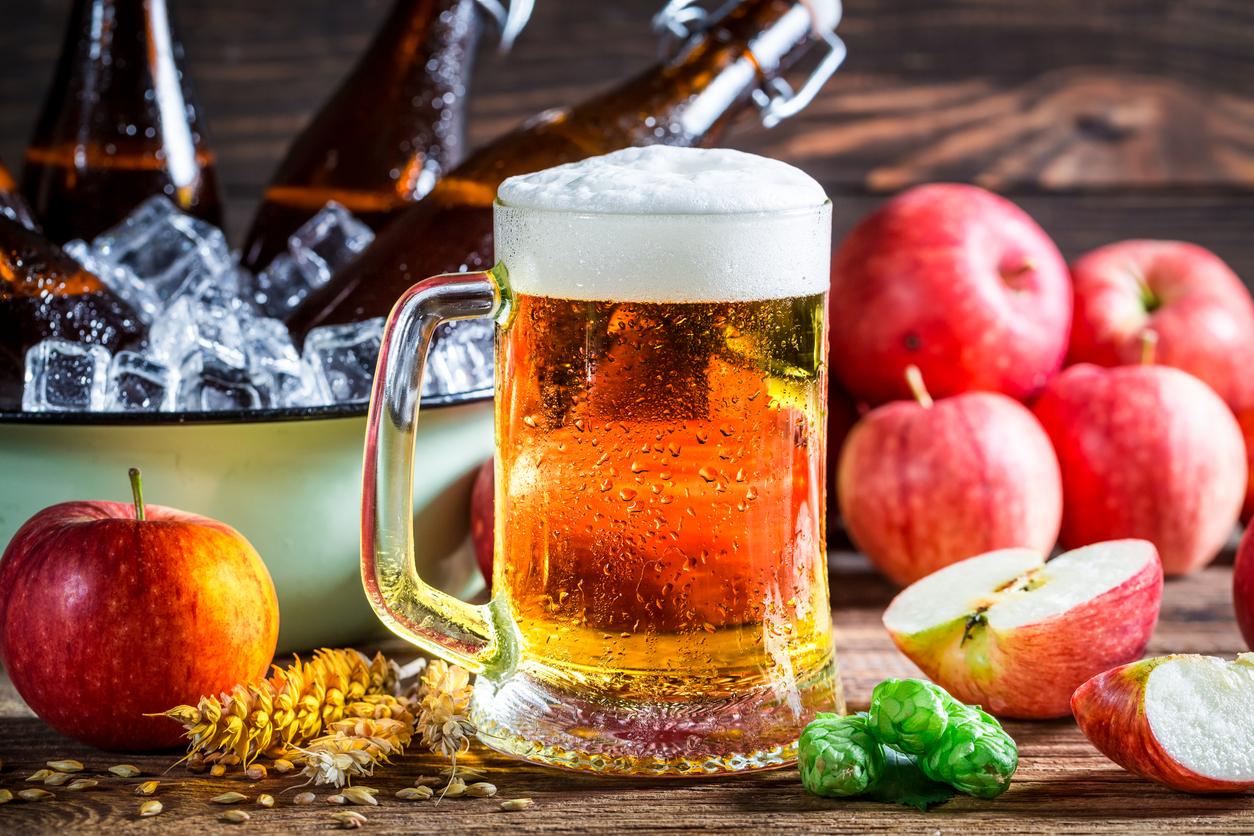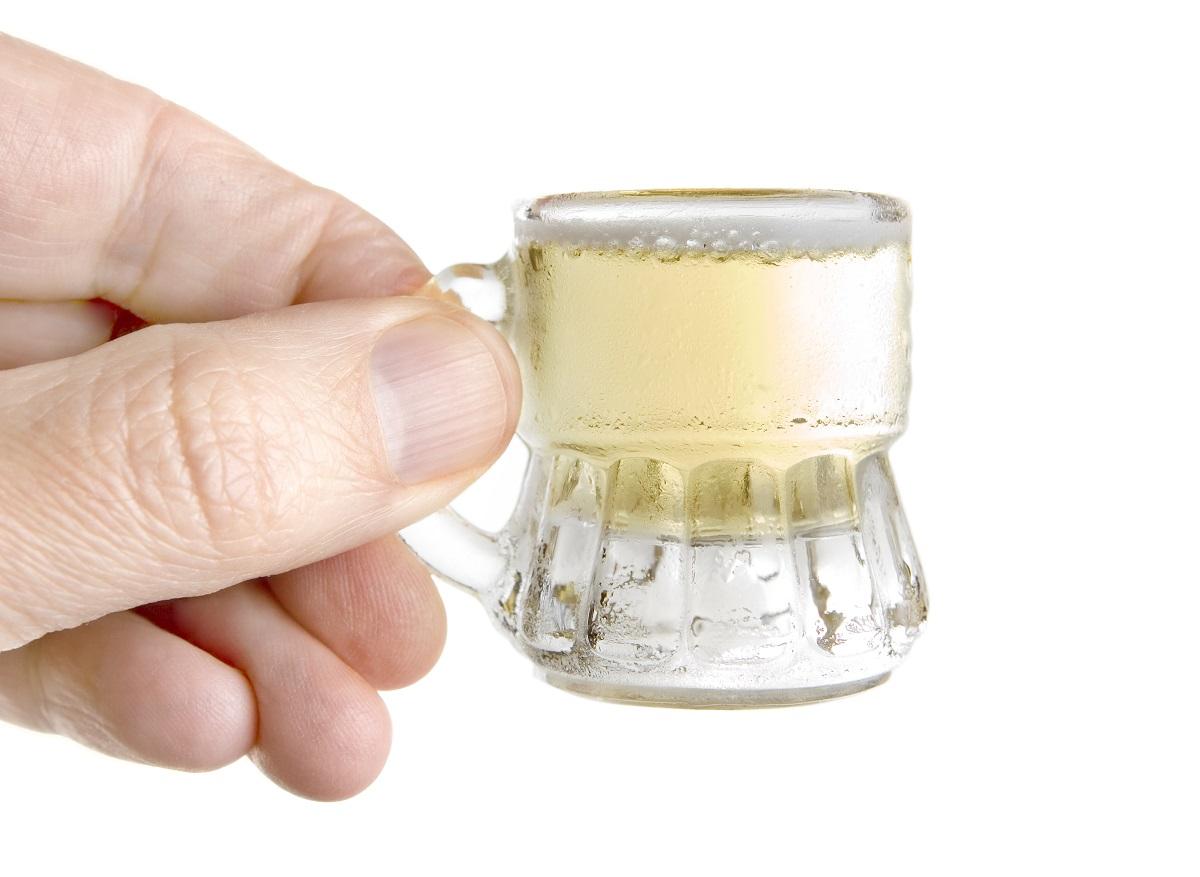Christmas, New Year’s Eve, weddings, birthdays… champagne is the drink for parties and major celebrations par excellence. Several scientific studies even lend many virtues to this sparkling beverage. However, moderation is key.

- Excess alcohol is responsible for approximately 1 in 20 deaths worldwide, due to illnesses caused or accidents, injuries or homicides occurring under the influence of drink.
- The degree of champagne is around 10 to 12%. That is, 100-120 ml of alcohol per liter. Thus in a 75 cl bottle, there are approximately 80 ml of alcohol.
- In a bottle of champagne, there are approximately 200 to 600 mg of potassium, 20 to 60 mg of calcium, 10 mg of magnesium, 4 mg of iron or even small amounts of copper, zinc and manganese.
Good for the morale, good for the heart or even good for the brain… the virtues of champagne never fail to be evoked, when the cups are filled. Let’s take a look at the favorite drink for the holidays and other celebrations.
Low in calories, anti-cellulite, anti-depression: the virtues of bubbles
Housing magnesium, potassium and zinc, champagne would have the ability to boost morale. But this is not its only advantage over other alcohols. It turns out to be quite low in calories. It takes 80 Kcal for a flute against more than 200 Kcal for a glass of whiskey or vodka.
And good news for those who pay attention to their line: a study conducted by the University of Reading, published in the British Journal of Nutrition in 2009, suggests that the drink would help reduce cellulite. The reason ? The antioxidants that are in champagne (like resveratrol) promote the drainage of toxins and lymph, responsible for cellulite.
Phenolic acids (including flavonoids) – present in the sparkling beverage, but also wine or olive oil – would also be beneficial for cardiovascular health, reducing the risk of stroke, among other things.
“The biological mechanisms are not yet fully elucidated, but these compounds would have a role in maintaining the integrity of vascular tissues (arteries, vessels, capillaries) as well as anti-inflammatory and antioxidant properties”Explain INSERM in its Canal Detox section. However, the scientific establishment warns against the methodological limits of several works on the drink, which can reduce the scope of their results.
Champagne and dementia: limits to take into account
One of the most cited studies on champagne suggests that the drink would be beneficial for memory and would have protective effects against Alzheimer’s disease. In this 2013 work, researchers from the University of Reading found that rats who drank champagne daily for six weeks managed to memorize their way through a maze faster than those who had other alcoholic or non-alcoholic beverages. . They also showed changes in the cerebral hippocampus, indicating increased neuroplasticity.
“Nevertheless, this study suffers from several methodological biases. First of all, it is very difficult to extrapolate results obtained in animals to humans and to draw conclusions from memorization exercises on Alzheimer’s pathology. and the prevention of neurodegenerative diseases”warns Séverine Sabia from Inserm in her analysis. She adds that the reported difference “was not statistically significant”. “In other words, this study is not able to demonstrate that the phenolic acids contained in champagne are indeed responsible for the effects observed on the memory of the animals”she concludes.
Moreover, it should not be forgotten. Champagne is an alcohol… and as with all alcohol, it should be drunk in moderation. Overconsumption of alcoholic beverages increases the risk of several diseases such as cancers, cognitive disorders and neurodegenerative pathologies. In addition, it has serious effects during pregnancy.










